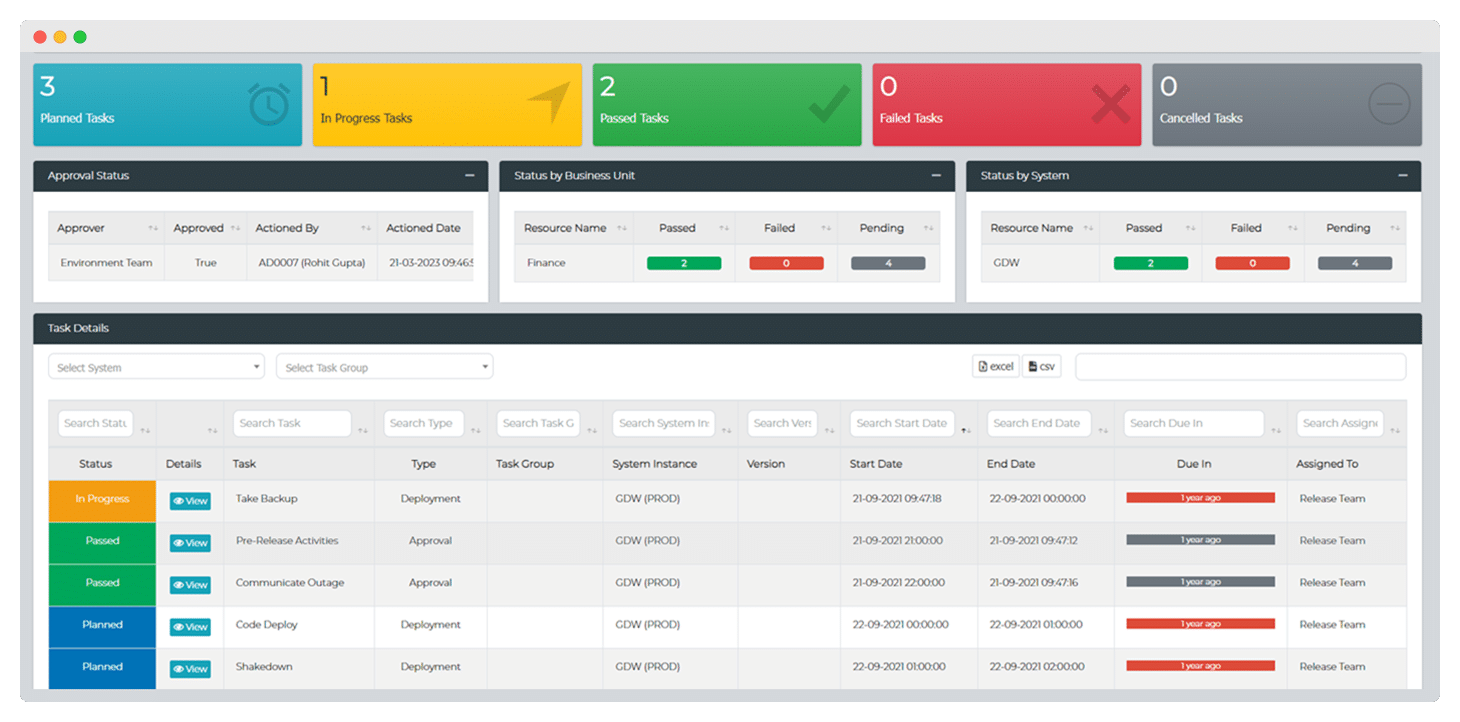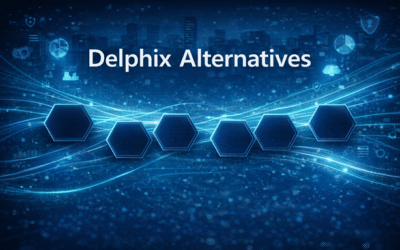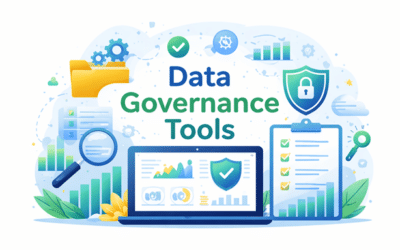
Enhancing Production Deployments
NOV, 2023
by Jane Temov.
Author Jane TemovJane Temov is an IT Environments Evangelist at Enov8, specializing in IT and Test Environment Management, Test Data Management, Data Security, Disaster Recovery, Release Management, Service Resilience, Configuration Management, DevOps, and Infrastructure/Cloud Migration. Jane is passionate about helping organizations optimize their IT environments for maximum efficiency.
Introduction
Production deployment, the final stage in software development, is the process of releasing new software or updates to end users. This phase is critical as it directly impacts user experience and business continuity.
Innovate with Enov8
A Platform of Insight
Managing your IT & Test Environments, Releases & Data.
Enhancing production deployments is essential to ensure high-quality software delivery, minimize downtime, and maintain uninterrupted user experience. Challenges in this stage include managing complex deployments, ensuring seamless operation with zero downtime, and maintaining consistency across environments.
Importance of Implementation Planning
Effective implementation planning is the cornerstone of successful production deployments. It involves detailed strategizing of how the software will be released into the production environment, ensuring all components are aligned for a smooth transition. This planning includes:
- Risk Assessment and Management: Identifying potential risks and planning mitigation strategies.
- Resource Allocation: Ensuring necessary resources, including hardware, software, and personnel, are available and optimized.
- Scheduling: Timing the release to minimize impact on users and operations.
- Stakeholder Communication: Keeping all parties informed about the deployment schedule, requirements, and roles.
- Backup Plans: Preparing for unexpected issues, ensuring quick rollback or recovery methods are in place.
Benefits of Enhancing Production Deployments
Improving production deployments has several benefits:
- Faster Release Cycles
- Reduced Risk of Errors
- Improved Collaboration
- Increased Reliability
- Better Scalability
Best Practices for Enhancing Production Deployments
Implementing best practices is key to efficient and error-free production deployments:
- Automate the Deployment Process
- Build and Package Once
- Consistent Deployment Methods
- Local Production Identical System
- Document the Production Setup
- Robust Monitoring and Logging
Tools and Technologies for Enhancing Production Deployments
Various tools and technologies can streamline the production deployment process:
- Implementation / Deployment Planning Tools
- CI/CD Tools
- Container Orchestration Platforms
- Infrastructure as Code (IaC) Tools
- Monitoring and Logging Tools

Using Enov8 Environment Manager
One of the key tools for enhancing production deployment is the Enov8 Environment Manager. This tool aids organizations in planning, tracking, and automating their deployment efforts. Its features include:
- Deployment Planning and Tracking: Offers a comprehensive overview of deployment schedules, dependencies, and progress.
- Version Tracking: Helps in tracking deployed versions across different environments, ensuring consistency.
- Environment Drift Identification: Detects discrepancies between environments, enabling teams to address inconsistencies proactively.
- Automation Capabilities: Simplifies and automates tasks like environment setup, tear-down, and configuration, reducing manual effort and error.
- Collaboration Facilitation: Enhances communication among teams by providing a central repository of environment and deployment information.
Enhancing Scalability and Resilience
In addition to implementation planning and choosing the right tools, focusing on scalability and resilience is crucial. Techniques like load balancing, elastic resource allocation, and auto-scaling ensure that the system can handle varying loads efficiently. Moreover, building resilience through practices like chaos engineering and disaster recovery planning can significantly reduce the impact of failures.
Training and Team Skills Development
The effectiveness of enhanced production deployments also hinges on the skills and expertise of the team involved. Regular training, workshops, and exposure to the latest deployment methodologies and tools keep the team updated and prepared. Building a culture of continuous learning and improvement encourages proactive problem-solving and innovation.
Conclusion
Enhancing production deployments is a multifaceted endeavor requiring careful planning, the right tools, and skilled teams. Implementation planning, especially using tools like Enov8 Environment Manager, plays a vital role in streamlining this process. By adhering to best practices, leveraging modern technologies, and fostering a skilled and informed team, organizations can achieve more efficient, reliable, and successful software deployments.
Relevant Articles
What is a Microservice Catalog? A Detailed Explanation
Microservices have revolutionized the way modern software systems are designed and developed. Breaking down complex applications into smaller, independently deployable services brings numerous benefits in terms of scalability, flexibility, and maintainability....
Delphix Alternatives: 7 to Consider in 2026
If you’re searching for delphix alternatives, you’re likely evaluating your test data management strategy. Delphix is widely recognized for data virtualization and masking, but it is not the only option available. As enterprise environments grow more complex and...
Enterprise Release Manager: A Guide to the Role
Do you want your company to scale efficiently? Look for an enterprise release manager (ERM). An ERM protects and manages the movements of releases in multiple environments. This includes build, test, and production environments. They ensure that there is a proper...
Data Governance Tools: 7 to Know in 2026
As data estates continue to grow in size and complexity, governance has shifted from a documentation problem to an execution problem. Data now spans cloud warehouses, operational systems, analytics platforms, streaming pipelines, and AI workflows, often owned by...
A Detailed Guide to Temenos Data Masking
Temenos powers core banking operations for financial institutions around the world. From customer onboarding and account management to payments and lending, it sits at the heart of highly regulated, data-intensive environments. That central role creates a challenge:...
Lower Environments: Understanding Their Role
Table of contentsWhat Is a Lower Environment?Types of Lower EnvironmentsWhy Lower Environments MatterClassical Architectural Assets for Lower EnvironmentsBenefits of Architectural Assets in Lower EnvironmentsUse Cases and ExamplesBest Practices for Implementing...










